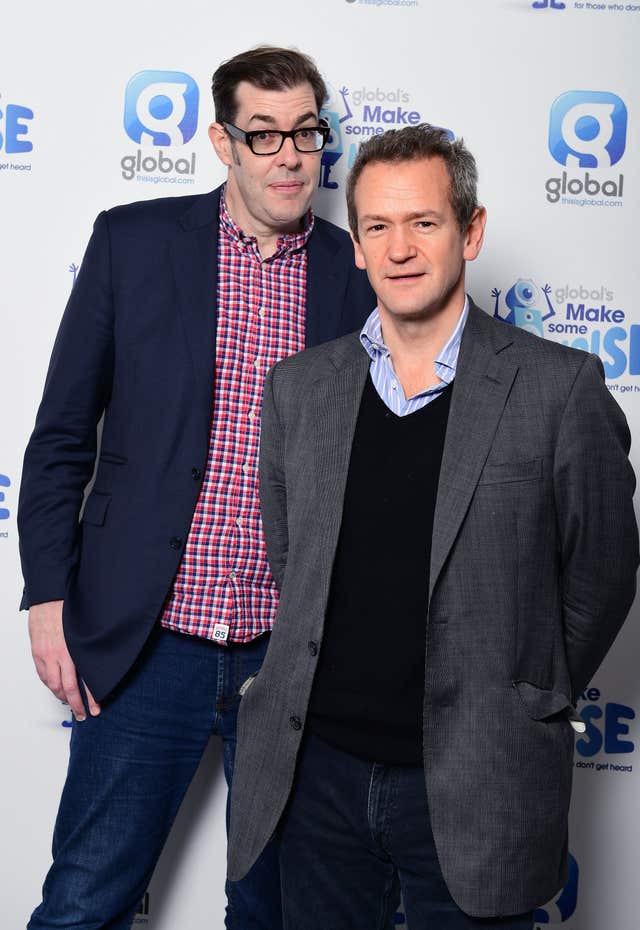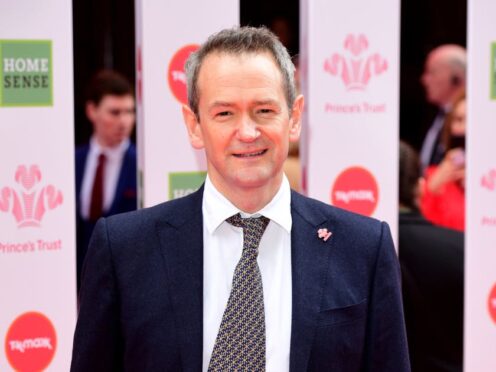TV presenter Alexander Armstrong chose to host quiz show Pointless instead of Countdown as he wanted something that would have “a bit of comedy.”
The 52-year-old has presented the BBC One teatime show since it debuted in 2009.
Before joining Pointless, comedian Armstrong was asked to take over from presenter Des O’Connor on the popular Channel 4 letters and numbers game.
It's a bold move to turn down Countdown @XanderArmstrong! pic.twitter.com/2o5EjSRizX
— Good Morning Britain (@GMB) August 30, 2022
He told Good Morning Britain: “I did turn down Countdown. I took it very seriously, well it’s a job, I take everything seriously that I am offered.
“I felt Countdown was a very revered format and I got the sense that there wasn’t going to be a lot of leeway to muck about with it and Pointless is all mucking about really.
“I wouldn’t have been able to do both. Pointless was my little treat for saying no to Countdown, but it was a really tough call because they were such nice people and I love Countdown.
“But I wanted to do something that was a little bit more… basically I had kind of stopped doing comedy by then and I wanted something that would have a bit of comedy in it. A little bit of comedy juice.”
Jeff Stelling, Nick Hewer and Anne Robinson have since been at the helm of Countdown, which launched in 1982. Colin Murray is the current host having started in July.
Armstrong’s tenure at Pointless has seen him film more than 1,300 episodes and nearly 30 series alongside Richard Osman.

In April, Osman announced he is stepping back from hosting the show after almost 13 years to “concentrate on writing”.
“Richard has had to put more time into being a superstar global best-selling author which is so annoying and so inconvenient and thoughtless of him,” Armstrong joked.
“He still does the Saturday shows so he is still around and I still get to see my old friend. We’ve got a rotating roster of exciting guests and its very lovely, we get guests to come in for 11 shows and just as they’re finding their rhythm and it’s all going really well they go out and the next comes in.
“It’s been really exciting, so far we’ve had five guest hosts, Sally Lindsay, Lauren Laverne, Alex Brooker, Konnie Huq and Stephen Mangan.”
Osman was not originally intended to be Armstrong’s co-presenter but after filling the role as part of a demonstration laid on for the BBC, executives asked him to continue for the first series. He was the creative director at production company Endemol when he did the demo.
The programme moved from BBC Two to BBC One after a successful two years.
Pointless sees teams of two competing for a cash prize by finding correct but obscure answers to general knowledge questions.
